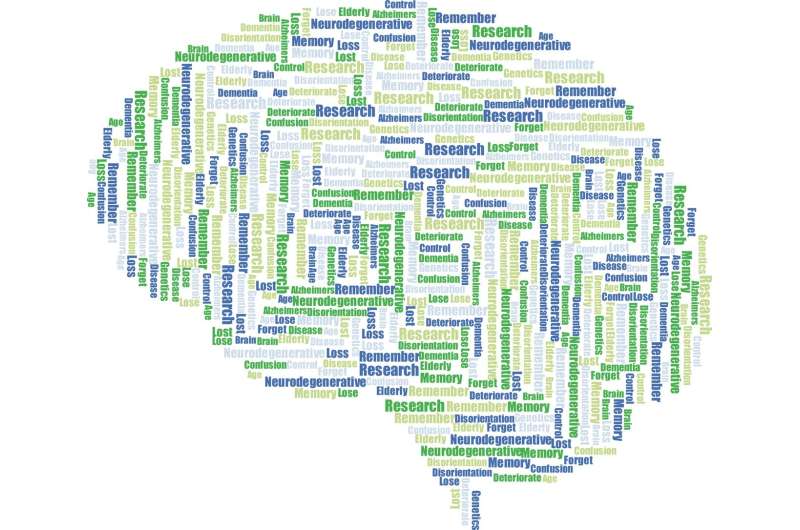Neighborhood and cognitive performance in middle-age: Does racial residential segregation matter?

A study at Columbia University Mailman School of Public Health found that black subjects who were exposed to highly segregated neighborhoods in young adulthood exhibited worse performance in cognitive skills in mid-life. The findings are published online in JAMA Neurology.
Until this research, there had been little information on the association of racial residential segregation and cognitive function.
"Our findings support the notion that long-term exposure to residential segregation during 25 years of young adulthood is associated with worse processing speed as early as midlife," said Adina Zeki Al Hazzouri, Ph.D., assistant professor of epidemiology at Columbia Mailman School. "This outcome may explain black-white disparities in dementia risk at older age."
The researchers analyzed data from 1,548 black participants in the Coronary Artery Risk Development in Young Adults (CARDIA) study, which focuses on the development and determinants of cardiovascular disease. Participants were ages 18 to 30 at baseline in 1985 and prospectively followed over 25 years.
Measurements of racial residential segregation across six follow-up visits from the 25-year study, were categorized as high, medium, and low segregation. Cognitive function was assessed at year 25 of the ongoing, multicenter, study.
Cognitive performance was measured using three different tests representing distinct domains of cognition, including the Digit Symbol Substitution Test (DSST), a subtest of the Wechsler Adult Intelligence Scale.
Earlier studies by Zekie Al Hazzouri and colleagues had supported growing evidence that maintaining cognitive function is a lifelong process and that several of the most important risk factors may begin earlier in the life course.
"Studies examining racial residential segregation in the context of cognitive function are limited, and thus our findings contribute to an important yet sparse literature," observed Zeki Al Hazzouri. "More importantly, our research indicates that policies that address segregation and the uneven distribution of resources, may be beneficial for reducing inequities in cognitive performance."
More information: Michelle R. Caunca et al, Association of Racial Residential Segregation Throughout Young Adulthood and Cognitive Performance in Middle-aged Participants in the CARDIA Study, JAMA Neurology (2020). DOI: 10.1001/jamaneurol.2020.0860


















